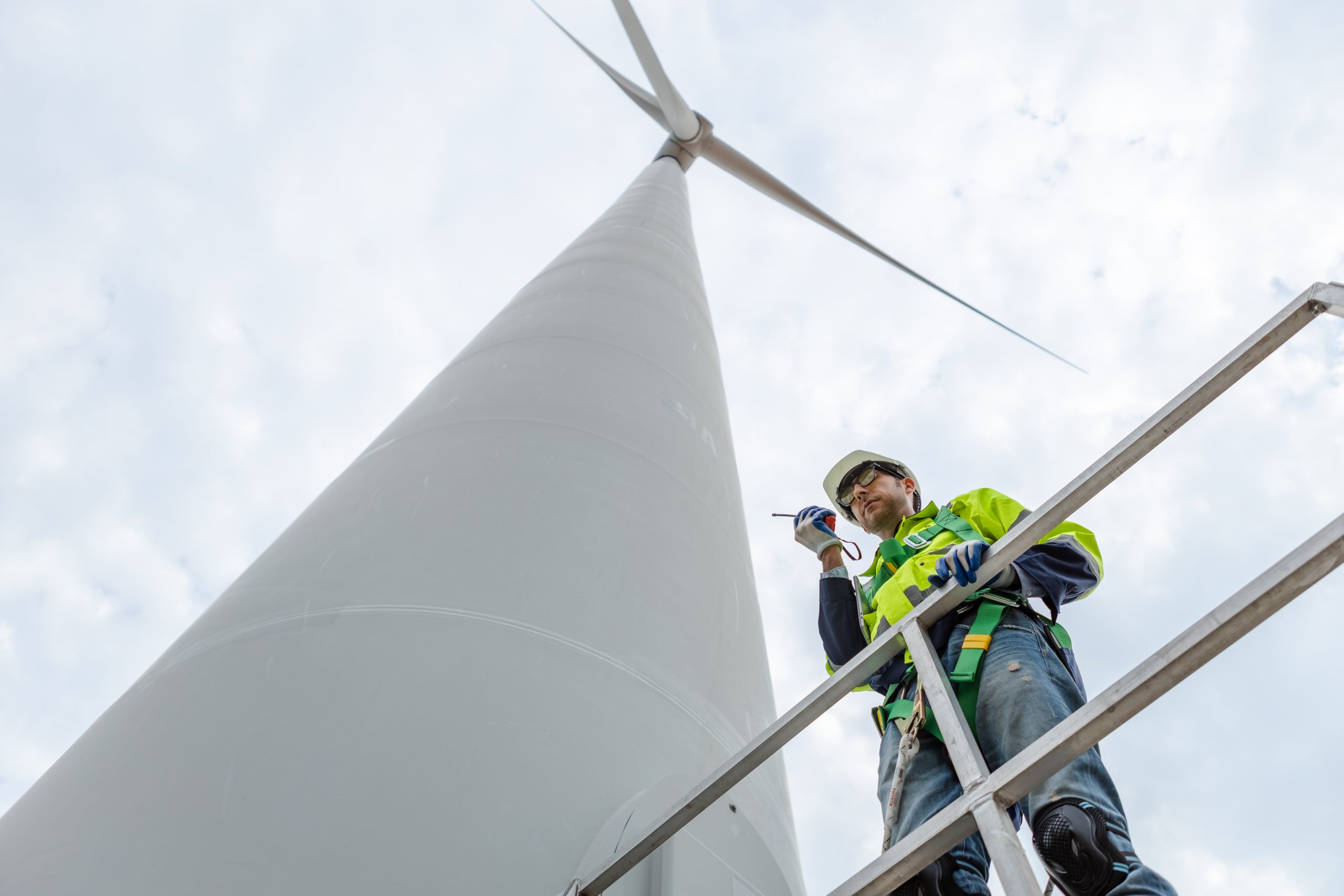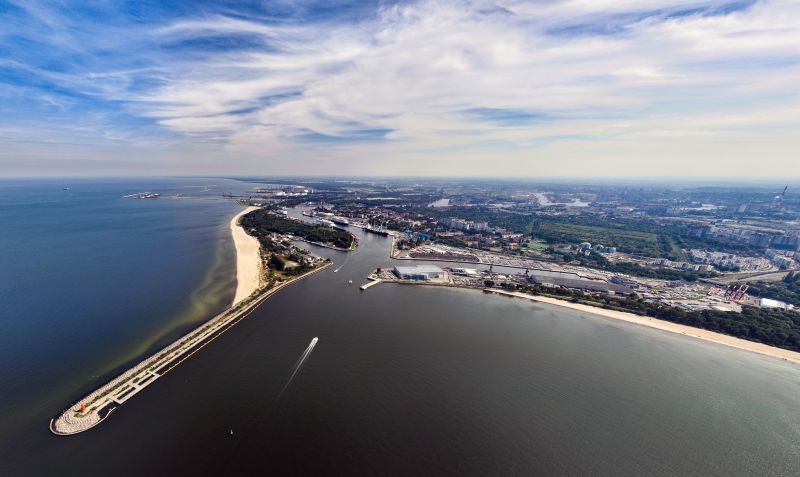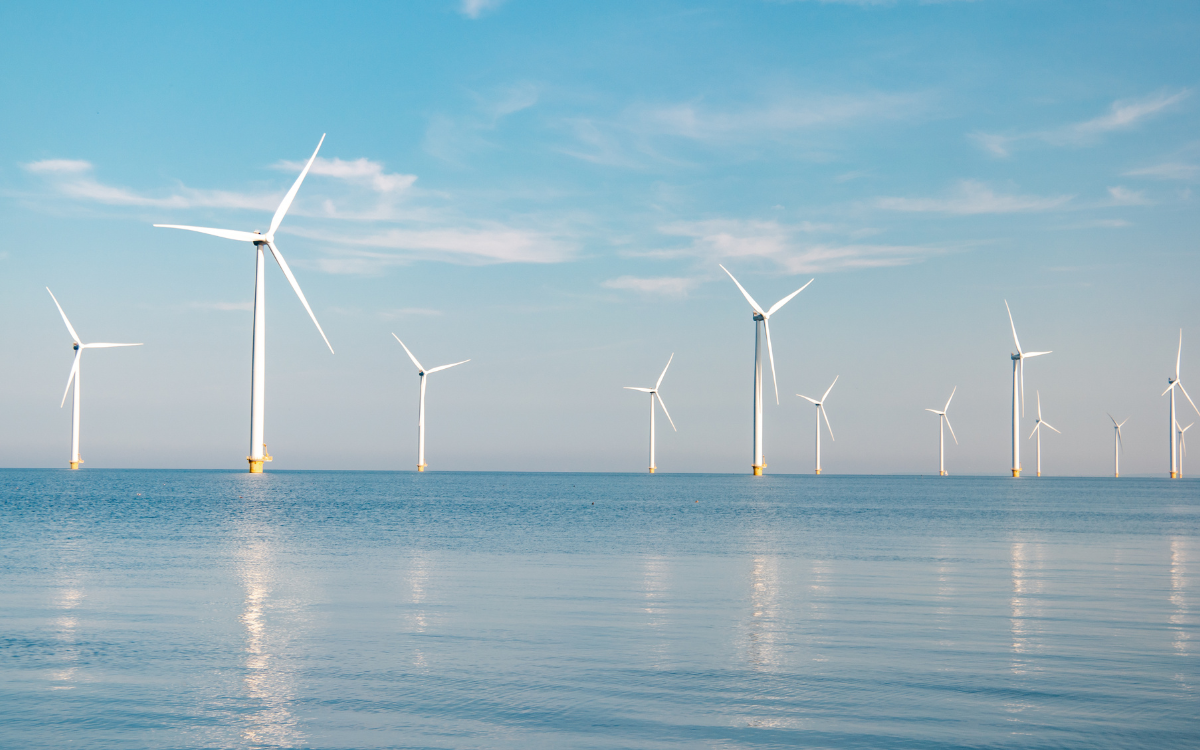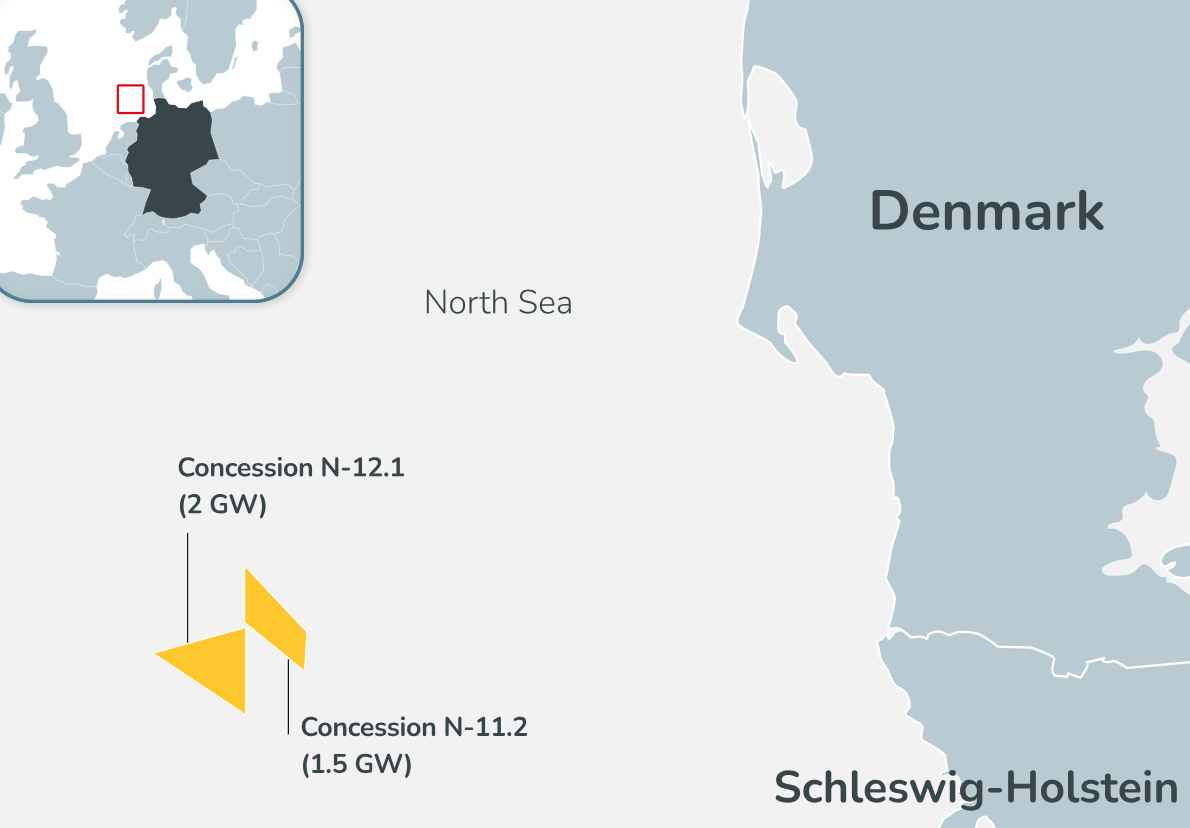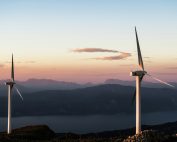The offshore wind industry, a critical component of renewable energy strategies around the Baltic Sea and beyond, is facing significant upheaval as two major players, Shell Plc and Siemens Energy’s wind turbine division Siemens Gamesa, announce extensive staff cuts.
Shell is preparing to significantly reduce its offshore wind workforce as CEO Wael Sawan reorients the company’s strategy away from the capital-intensive renewable energy sector. According to confidential sources, the layoffs are expected to commence within the next few months, predominantly impacting European operations.
“We are concentrating on select markets and segments to deliver the most value for our investors and customers,” a Shell spokesperson said to Bloomberg. “Shell is looking at how it can continue to compete for offshore wind projects in priority markets while maintaining our focus on performance, discipline and simplification.”
Shell’s initial foray into offshore wind aimed to capitalize on its extensive experience in offshore oil and gas extraction. However, escalating costs and a renewed emphasis on shareholder returns under Sawan’s leadership have prompted the company to scale back its ambitions in this area.
Since assuming the CEO position in early 2023, Sawan has driven a strategic overhaul, demanding improved performance and profitability across Shell’s business divisions. In June 2023, he unveiled a plan to cut “structural costs” by up to $3 billion by the end of 2025. These impending layoffs in the offshore wind sector follow earlier reductions in Shell’s low-carbon solutions unit.
Siemens Gamesa to Cut 4,100 Jobs Amid Restructuring
Similarly, Siemens Energy’s wind turbine division Siemens Gamesa is poised to cut approximately 4,100 jobs, or around 15% of its workforce, as part of a broader restructuring effort. This was revealed in an internal letter from the unit’s CEO Jochen Eickholt, obtained by Reuters.
“Our current situation demands adjustments that go beyond organizational changes. We have to adapt to lower business volumes, reduced activity in non-core markets, and a streamlined portfolio,” Eickholt wrote in his letter. The company has yet to specify the exact number of jobs affected, pending consultations with stakeholders.
This restructuring comes in the wake of previous announcements about major organizational changes within Siemens Gamesa. The company’s goal is to maintain a stable overall workforce by reallocating jobs and hiring in other areas of the division, as reiterated by Siemens Energy CEO Christian Bruch earlier this month.
Eickholt, who will step down at the end of July, acknowledged the difficulty of this announcement, especially considering the challenges faced over the past year.
Poland’s Promising Future in Offshore Wind
Despite the challenges faced by industry giants like Shell and Siemens Gamesa, the offshore wind sector holds significant promise for the Baltic Sea region, particularly Poland. The Wind Industry Hub Foundation has highlighted the potential for Poland to become a key industrial hub for the wind energy sector, promising reliable and stable profits for the economy in the coming decades. This growth is expected to be driven by increasing involvement of domestic companies and industry.
According to the foundation, flagship investments in the wind power supply chain in Poland are set to create over 11,000 new, well-paying jobs. Key investments include installation ports in Świnoujście and Gdańsk, service ports in Łeba, Ustka, and Władysławowo, as well as factories for wind turbine components such as the Vestas wind turbine blade factory, the Vestas wind turbine nacelle assembly factory, the Baltic Towers tower factory, the Windar tower factory, and the TFKable cable and wire manufacturing plant.
Source: Reuters & Bloomberg & BalticWind.EU
